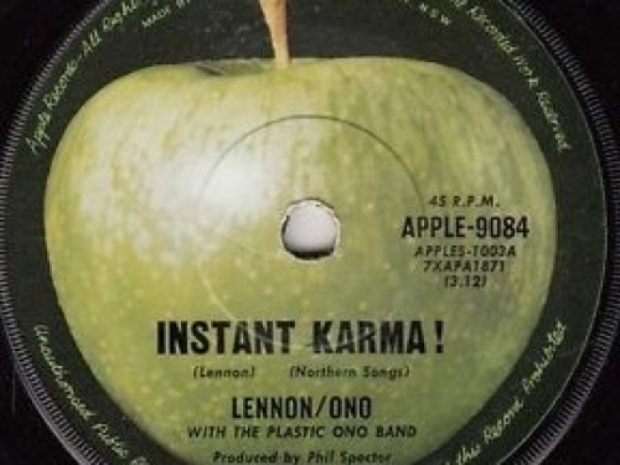For those with long memories, Corellium developed code that simulates the iPhone's iOS operating systems, letting security researchers identify flaws in the software.
Apple was furious because it meant people no longer trusted it when it said its software was perfect and had no errors. After failing in an attempt to buy the company, Apple sued for copyright infringement in 2019.
But the courts did not agree with Apple’s mighty briefs, and the district court dismissed Apple's claims over Corellium's iOS simulator in 2020. Apple appealed in 2021.
The US Court of Appeals for the Eleventh Circuit ruled that Corellium's CORSEC simulator is protected by copyright law's fair use doctrine, allowing copyrighted work to be duplicated under certain circumstances.
Apple argued that Corellium's software was "wholesale copying and reproduction" of iOS and served as a market substitute for its security research products. Corellium countered that its copying of Apple's computer code and app icons was only for security research and was sufficiently "transformative" under the fair use standard.
The three-judge panel essentially agreed with Corellium, finding that CORSEC "furthers scientific progress by allowing security research into important operating systems" and that iOS "is functional operating software that falls outside copyright's core."




